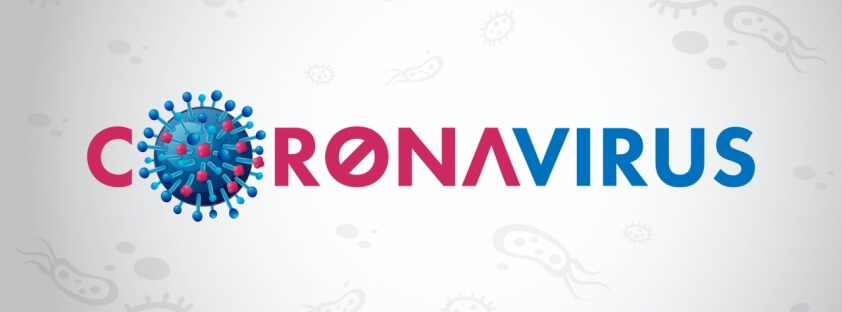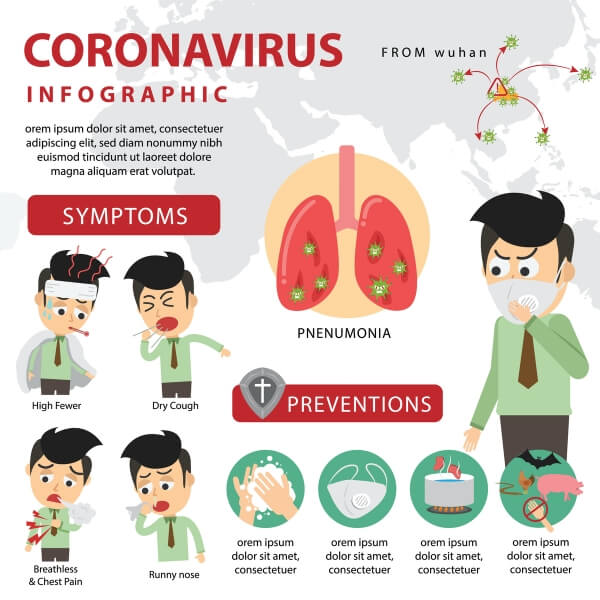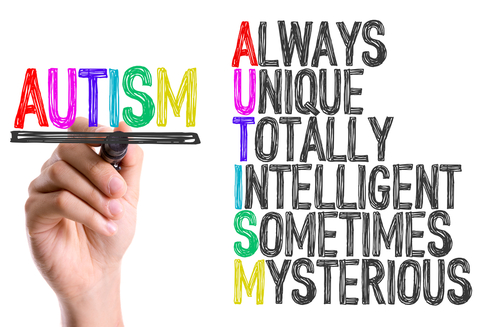Important Corona Virus (COVID-19) Information & Infection Control Plan

Updated 29th January 2021
By: Principal Clinical Psychologist Azza Brown.
This information is for all staff & current clients of ACPC Psychology & The Adolescent Wellbeing Clinic
IMPORTANT INFORMATION ABOUT CORONA VIRUS (COVID-19)
Most people in our community would now be aware of Corona Virus (COVID-19). As the number of coronavirus cases rise across Australia, the level of anxiety within the community is increasing. Feelings of worry and unease can be expected following a stressful event, such as the declaration of a global pandemic, however, it is important that we learn to manage our stress before it turns to more severe anxiety and panic.
Corona Virus can be high risk for certain individuals including elderly people and those with compromised immune functioning. Up to date information about Corona Virus, including symptoms, testing, and other important information, can be found on the Department of Health website.
As a health service, it’s important that we continue to operate as long as possible and with as minimal disruption to our clients. This means it’s a good idea for our service to make some sensible changes to support the health of our clients and staff.
WHAT IS ACPC DOING ABOUT CORONA VIRUS?
The following lists a summary of measures that ACPC is putting into place:
OFFERING TELEHEALTH SESSIONS
To manage the spread, and reduce client numbers attending the clinic, we are encouraging clients to take up the option of Telehealth using the secure platform Coviu(online option) or via Telehealth- Phone consultation, depending on preference and suitability.
For further information about our online option, please see our page on Online Services.
WHAT ACPC STAFF ARE DOING IF ATTENDING FACE TO FACE CONSULTS:
SOCIAL DISTANCING
Staff who are unwell or displaying cold and flu symptoms will be staying at home to practice social distancing and help prevent spread of all viruses (whether or not they display COVID-19 symptoms), until they are symptom-free.
We also encourage all clinicians to ensure their chairs are positioned 1.5 m away from clients during face to face sessions. All non-essential meetings are to be cancelled or completed via Telehealth.
We understand that this may not always be possible, especially when working with children, but we encourage clinicians to review their practices to reduce the likelihood of exposure (e.g. avoid use of sand therapy trays, small items that may be difficult to sanitise).
ENCOURAGE GOOD HYGIENE & RESPIRATORY HYGIENE
Practising good hand and sneeze/cough hygiene is the best defence against most viruses. Team members are asked to wash their hands regularly and to avoid touching their face or eating without having washed their hands. Sanitiser is provided in each consult room and at reception. We encourage clinicians to use it frequently.
Cough into a tissue or your elbow if a tissue is not available. Dispose of the tissue immediately in a closed bin. Wash your hands and if unwell, avoid contact with others (stay more than 1.5 metres from people).
INCREASED CLEANLINESS WITHIN THE CLINIC
For additional precautions, ACPC is aiming to maintain hygiene and cleanliness, through regularly wiping down objects and surfaces (including tests and toys), use of antibacterial spray, and encouraging clients to make use of hand-washing and alcohol hand gel facilities upon entering and leaving our clinic.
FLEXIBILITY FOR PAYMENT
Payments will be made via credit card on the same day as your appointment. Your invoice will be automatically emailed to you once payment is processed. We will use the credit card supplied by you when completing the required information prior to your initial appointment. Please note that additional Fees apply (i.e. surcharge and processing fee).
BOOKING APPOINTMENTS
New Clients are encouraged to complete our online intake form on our website. Once the online intake form is received, our admin staff will make direct contact via phone or email in order to organise an initial appointment. For any queries, please email us directly info@acpcpsychology.com.au
WHAT WE NEED OUR CLIENTS TO DO
The following lists a summary of what we need ACPC clients to do:
CHOOSING TELEHEALTH OPTION
To manage the spread, and reduce client numbers attending the clinic, we are encouraging clients to take up the option of Telehealth using the secure platform Coviu(online option) or via Telehealth- Phone consultation, depending on preference and suitability.
For further information regarding Telehealth/ Online services, please visit our Online Services page.
ATTENDANCE
Please do not attend your appointment at the clinic if you or someone in your home is unwell, or if you have returned from overseas/ or been around someone returning from overseas or the latest COVID -19 case locations. Please stay at home and contact our administration staff via email if you cannot attend your appointment.
Consistent with COVID safety regulations, each person attending face to face consults would need to be aware of the following:
- TEMPERATURE CHECKS: All client will require to have a temperature scan check located at reception. Please note that for health safety reasons, no one is allowed to enter if their temperature is not within the normal range.
- QR CODES: ALL clients are required to "check-in" using a QR Code
- MASKS: ALL clients are required to wear a mask in all common areas.
CANCELLATION FEES
Please CANCEL your appointment If you have symptoms of coughing, sneezing or high temperature.You WILL NOT be charged cancellation fees. However, please give us as much notice as possible as we have other clients who may be urgently waiting for an appointment.
SOCIAL DISTANCING
Please practice social distancing at our clinic. Please do not bring any family members, including siblings, into the clinic if they are not required to be there for an appointment.
We strongly encourage you to arrive on time, rather than early, for your appointment to reduce the number of people in the waiting room. If you arrive early, please wait iuntil the time your appointment is due to start. We also encourage you to leave the building immediately after your appointment.
HYGIENE & CLEANLINESS
Please wash your hands on entering and leaving our building and/or make use of our alcohol-based hand gel which is located at reception. If you need to sneeze or cough, please do so into your elbow.
Thank you for doing your part in minimising the spread of viruses and helping our staff and other clients to stay healthy.
If you have any questions, please do not hesitate to contact ACPC admin support via email info@acpcpsychology.com.au

Further information can be found here:
CORONAVIRUS (COVID-19) HEALTH ALERT
https://www.health.gov.au/news/health-alerts/novel-coronavirus-2019-ncov-health-alert?utm_source=health.gov.au&utm_medium=redirect&utm_campaign=digital_transformation&utm_content=health-topics/novel-coronavirus-2019-ncov
LATEST NEWS AND UPDATES:
INFORMATION FOR EMPLOYERS
https://www.health.gov.au/sites/default/files/documents/2020/03/coronavirus-covid-19-information-for-employers.pdf
TELEHEALTH: FAQ’s FOR PROVIDERS
https://www.psychology.org.au/for-the-public/Medicare-rebates-psychological-services/Medicare-FAQs-for-the-public/Telehealth-services-provided-by-psychologists/Telehealth-psychological-services-rural-remote



